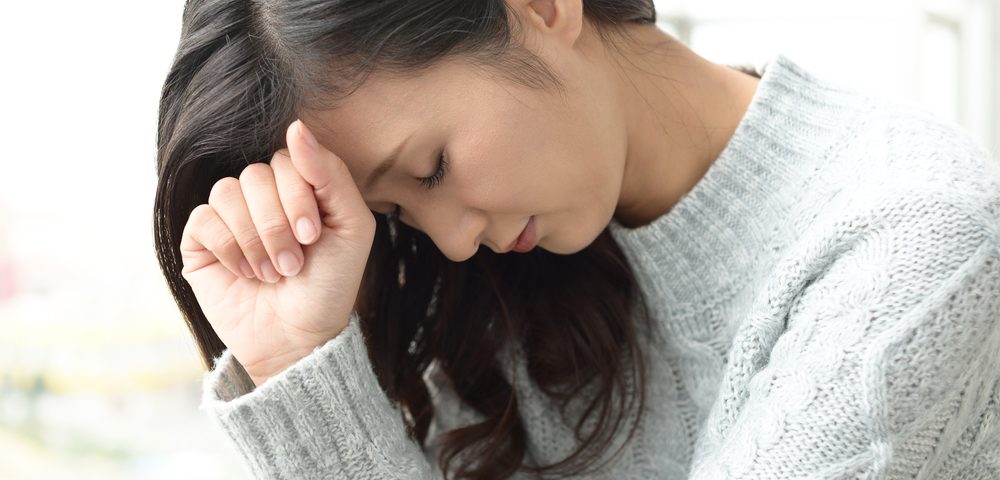Sleep Hygiene for FAP

The symptoms of familial amyloid polyneuropathy (FAP) may make it harder to enjoy a good night’s sleep. To help you sleep better, in addition to medical interventions, you may want to try sleep hygiene techniques.
FAP and sleep
FAP leads to damage of the nervous system and can cause peripheral neuropathy. Peripheral neuropathy often involves pain and uncomfortable feelings such as tingling and burning sensations in the arms, legs, hands, and feet, all of which can make it harder to fall asleep and stay asleep. You also may experience restless legs syndrome, which is an uncontrollable urge to move your legs.
Many patients experience obstructive or central sleep apnea, in which the airway becomes blocked or the nerve signals to breathe don’t get delivered.
What is sleep hygiene?
Sleep hygiene involves modifying your habits or environment to help you sleep better. Practicing good sleep hygiene can improve the quality of your sleep and help you feel more alert the next day.
Sleep hygiene tips
Medications to manage peripheral neuropathy and breathing assistance machines for apnea can potentially help with sleep. In addition, behavioral and environmental changes may help you fall asleep more easily and rest soundly. Following are some ideas for good sleep hygiene.
During the day
Your activities during the day can affect your ability to sleep in the evening. Try to go outside and absorb sunshine during the day. Sunshine helps regulate your sleep-wake cycle.
Burning extra energy during the day through exercise can help you sleep better in the evenings. Be sure to consult with your physician before starting an exercise program because FAP may cause you to be at a higher risk of certain complications related to your neuropathy.
It is best to avoid naps during the day. If you do need to nap, try to keep it short and do it as early in the day as possible to limit its effect on your evening sleep.
Avoiding caffeine, alcohol, nicotine, and sugary foods or beverages, especially later in the evening, can help you fall asleep and stay asleep. Heavy or spicy meals in the evening may make you more uncomfortable when you lay down and affect your ability to fall asleep.
At bedtime
Your routine right before bed also can influence your ability to fall asleep.
Try to have a consistent schedule each night so that your body knows when it is time to start preparing for bed.
Bright lights in the evening, especially the blue light from electronics, can throw off your sleep-wake cycle. Try to avoid using televisions, cell phones, or computers 30 to 60 minutes before bedtime.
To help you wind down before bed, you may want to try relaxing activities, such as reading a book, listening to soft music, or taking a warm bath .
Bedroom changes
Making changes to your bedroom may help you relax and sleep better. The room should be as dark and quiet as possible. If there is too much noise you can try adding extra sounds to cover it up, such as running a white noise maker, a fan, or listening to soft music. A sleep mask to cover your eyes could help if there is too much ambient light in the room.
Having light scents in the room, such as lavender, could help you relax and fall asleep. A comfortable mattress and pillows also help you achieve more restful sleep.
Last updated: March 11, 2021
***
FAP News Today is strictly a news and information website about the disease. It does not provide medical advice, diagnosis, or treatment. This content is not intended to be a substitute for professional medical advice, diagnosis, or treatment. Always seek the advice of your physician or other qualified health provider with any questions you may have regarding a medical condition. Never disregard professional medical advice or delay in seeking it because of something you have read on this website.






